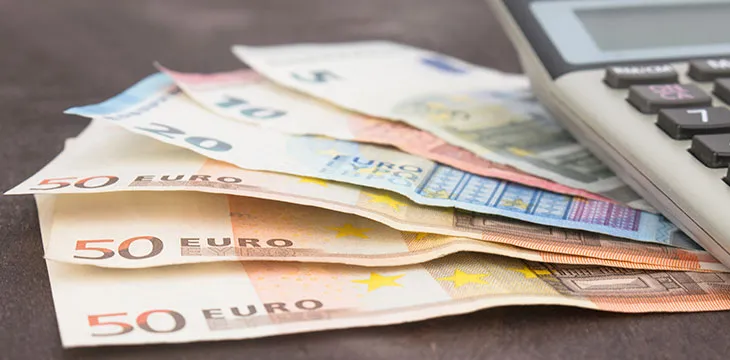|
Getting your Trinity Audio player ready...
|
Traditional financial institutions, and their pundits, love to argue that cryptocurrency is only good for those who want to steal, deal in drugs or launder money. While many superficial reports have suggested that there is more evidence of theft in the fiat ecosystem, there is now tangible proof. A new report by undercover journalists has revealed that banks across Europe helped their clients illegally take $63 billion in taxes.
The undercover operation was led by 37 journalists in 12 countries. The work conducted by the undercover agents was published in a report called the CumEx Files, which was the result of a review of 180,000 documents from banks, law firms and stock traders over the span of one year. The journalists always conducted interviews with whistleblowers and unidentified individuals to confirm what the documents revealed.
According to the report, “They [the secret documents] demonstrated the extent to which banks and investors could reimburse taxes on stock deals that they did not have…These windy financial constructs are called cum-cum (cum means ‘dividend’). A domestic bank helps a foreign investor to get a tax refund that they are not entitled to. The profit is shared between the participants.”
In some instances, traders were able to collect refunds that were twice what was owed, or more. The refunds came from the respective countries for taxes that would normally be paid one time for the purchase or sale of a particular stock.
A separate video published on the CumEx Files asserts, “It was a trade that was initially discovered by chance. Yet a group of masterminds turned it into an industrialized cottage industry, from Dubai to London, New York to Dublin taking billions of euros out of the pockets of European tax payers.”
Revealed: how the super rich robbed 55 billion euro tax money across Europe – until today: https://t.co/ZzYLNEFugK #CumExFiles
— CORRECTIV (@correctiv_org) October 18, 2018
Involved in the scheme, according to the report, are Barclays, JPMorgan, BMP Paribas, UBS, Morgan Stanley, Banco Santander, Meryl Lynch, Deutsche Bank and SEB bank out Sweden. In one example, tax evaders were able to reportedly abscond with $2 billion from Denmark’s government. In another, $46 million was almost stolen from Sweden, but was thwarted only because Danish authorities tipped off their counterparts in the country.
The report’s authors further asserts, “The deals are solely for the purpose of collecting taxpayers’ money. Otherwise, there is no value behind the trade.” They stated that the schemes coincided with the financial crisis that hit in 2007 and 2008, adding that it was “a time when the state will save the banks from collapse, again with taxpayers’ money.”
Obviously, lawmakers across Europe are now calling for action. They are preparing to launch an investigation into the report. This means that they’ll have less time to dedicate to real, non-penal issues, such as creating the framework for digital currencies to flourish.

 08-23-2025
08-23-2025 





